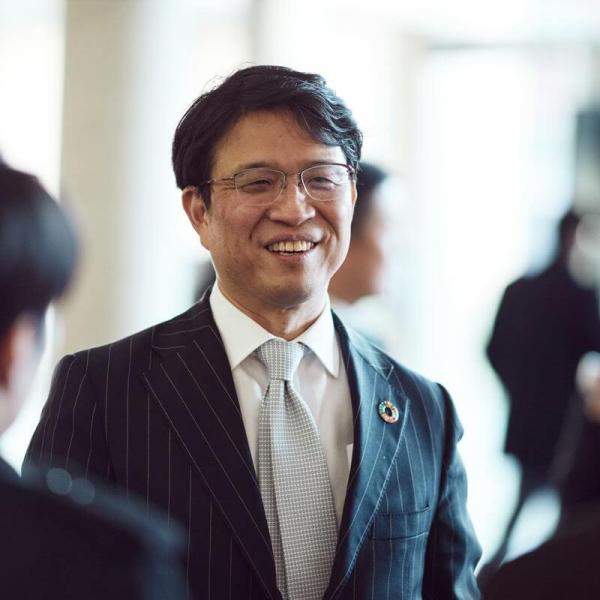About the event
The GPIF CIO tells an Oxford Saïd audience why the conventional wisdom of asset management is no longer enough
‘Multi-generational investment’, ‘universal ownership’ and reframing the Sustainable Development Goals as risk factors: these are three key ideas that can help create more sustainable capital markets, said Hiro Mizuno, Chief Investment Officer and Executive Managing Director of Japan’s Government Pension Investment Fund (GPIF), at an event at Saïd Business School on 17 January 2020.
As the steward of the world’s largest pension fund (GPIF has approximately $1.6 trillion of assets under management), Mizuno is a high-profile proponent of the principles of responsible investment and adopting Environmental, Social, and Governance (ESG) considerations. He regards encouraging long-term thinking as particularly important, reminding the Oxford Saïd audience that, even after the 2008 collapse of Lehman Brothers and the subsequent financial crisis, short termism remained the default position in capital markets.
However, attitudes are changing. Mizuno said that investing to achieve ESG targets had the effect of killing two birds with one stone as ‘they only make sense if you have a long-term perspective;' and the asset managers for GPIF now believe that ‘ESG is the most important factor’ when it comes to investing. He has also adopted the phrase ‘multi-generational investing’ to encourage a longer-term horizon.
His next ambition is to incorporate the Sustainable Development Goals (SDGs) into portfolio management. These, he thinks, are typically viewed positively as opportunities to create shared value. But ‘If we can interpret the SDGs as a risk factor, we might be able to push the investment industry much faster,’ he said: ‘What if we fail to achieve the SDGs? If people don’t have access to education, clean water, or energy, what sort of system will take its place?’
